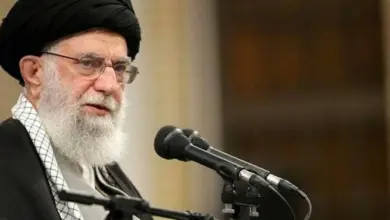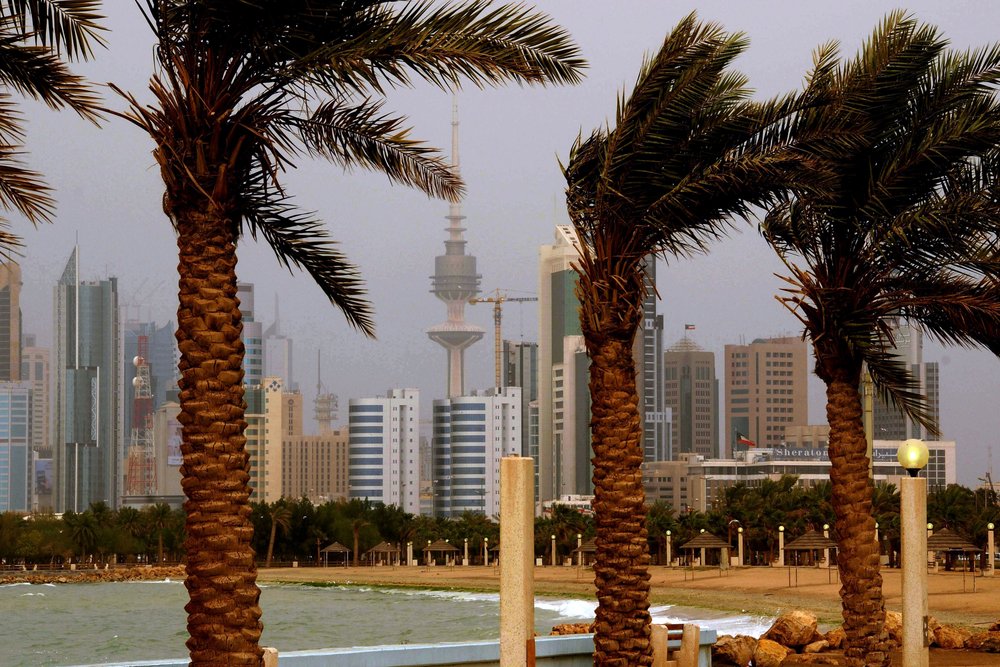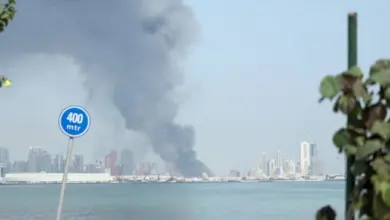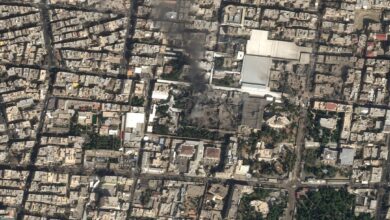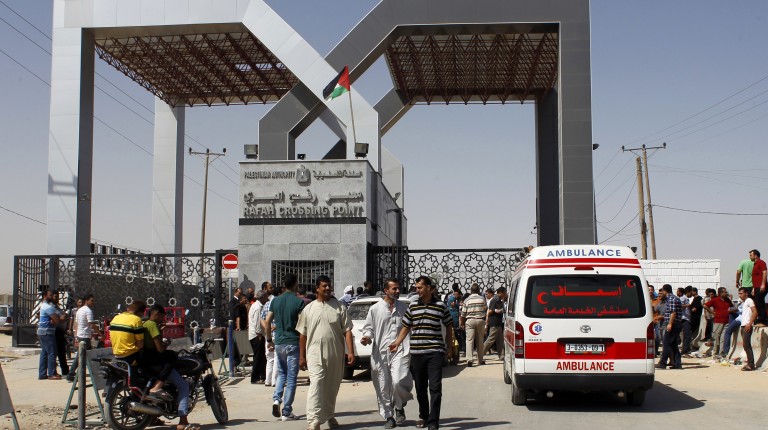
It seems that Israel wants to violate the ceasefire agreement with Hamas.
Today, it wishes to open irrelevant negotiations regarding the Rafah crossing. We say irrelevant because the issue of the crossing has been settled in the ceasefire agreement, which stipulates that in the first phase – lasting 42 days – “The Rafah crossing will operate based on the consultations held with Egypt in August 2024”.
Based on this, any talk of starting negotiations on the crossing violates the agreement.
Therefore, the visit of the Israeli government coordinator in the occupied territories, Ghassan Alian, to Cairo last Wednesday to discuss the crossing, and the visit of Mossad chief David Barnea and Shin Bet chief Ronen Bar a few days earlier for the same purpose, is a step back.
It is true that both the Egyptian and Israeli sides in these discussions touched upon the preparation for the start of negotiations on the second phase regarding Israel’s receipt of its prisoners and the entry of humanitarian aid into the Gaza Strip.
However, merely opening the door to negotiations on the crossing, and discussing Israel’s refusal to allow any role for the Palestinian Authority in managing the crossing from the Rafah side, is a flagrant violation of the agreement.
Israel does not trust the Palestinian Authority’s seriousness in confronting Hamas’s authority on the ground, therefore it sees the need for a fundamental role in managing the crossing from the Palestinian side.
The Israeli position therefore seeks a return of the occupation to the Gaza Strip, meaning all hell will break loose once again in the ongoing war between Hamas and Israel.
Certainly, Egypt is seeking to address Israel’s position.
From Egypt’s national security perspective, it is impossible to accept Israel’s continued presence on the border with Egypt in one of the hottest points on Egypt’s eastern border, the Rafah area.
Perhaps Egypt will propose the involvement of the US and the European Union in order to reach an agreement that Israel may accept.
The idea of Israeli cameras was controversial at one time when the withdrawal of Israel from the Rafah crossing was discussed. But it seems that Israel has abandoned this unacceptable idea, in order to completely derail the situation and return to square one, and thus resume the war.
Israel refuses to leave the crossing as it was before October 7, 2023.
It wants to have the final say in managing the crossing, as it determines who can enter and exit Palestine from and to Egypt, and continues to inspect food trucks at Kerem Shalom before they move to Rafah from within Palestine.
Behind the scenes, there are rumors that Israel has accepted a role for the Palestinian Authority in an unofficial capacity, through stamping passports for those whom it approves of. Palestinian employees at the crossing must be approved by Israel and not affiliated with the Palestinian Authority or Hamas in the first place.
All of this is a clear violation of the agreement and an attempt by Israel to return to square one.
Author’s bio:
Amr Hashim Rabie is the Deputy Chairman of the Al-Ahram Center for Strategic and Political Studies, and member of the Board of Trustees of the National Dialogue in Egypt.

